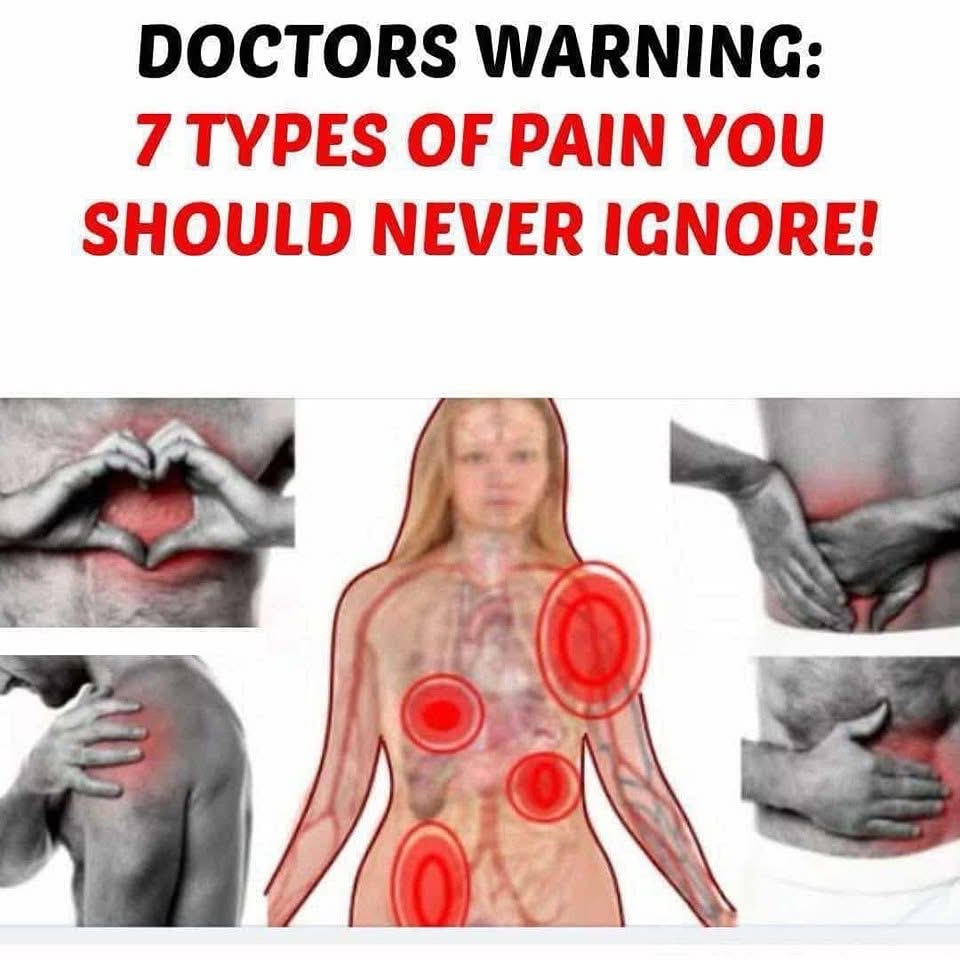When they experience pain, some people try to ignore it and don’t seek medical assistance for so long that they even get used to living with it. However, it is of crucial importance that any pain should be addressed as soon as possible, especially if it proceeds for a longer period of time.
What we should be aware of is that our body warns us when something isn’t right, we just need to listen to it.
Below are some types of pain that may seem minor but can eventually cause more trouble if left unchecked.
Below are some types of pain that may seem minor but can eventually cause more trouble if left unchecked.
1. Painful Urination
If you experience pain while urinating and you feel the urge to urinate more often than usual or suddenly and more urgently than usual, it can be a sign of a urinary tract infection.
These infections are mostly caused by bacteria from poo entering the urinary tract, but they can also be a result of kidney stones, issues with the prostate at men, urinary catheters, weakened immune system, and not drinking enough fluids, among the rest.
Throbbing pain in your thigh or lower leg accompanied with swelling, redness and warmth may be a sign of Deep Vein Thrombosis (DVT).
This can lead to a more serious condition known as pulmonary embolism, when a blood cloth breaks off and goes to the lungs. This if one of the types of pain that you should address promptly.
3. Throat Pain
When swallowing feels like you’re gargling sand, it’s time to take action.
While this type of pain may refer to tonsil stones or strep throat, two conditions treated easily, if you left it unchecked it can lead to complications. In case you experience swelling, fever, or your voice is more croaky than normal consult a healthcare provider.
Chest pain refers to any pain felt in the chest area – from the shoulders to the bottom of the ribs. This pain can sometimes be a symptom of a heart attack or another heart condition, especially when it is accompanied with shortness of breath, dizziness, or cold sweats.

Leave a Reply